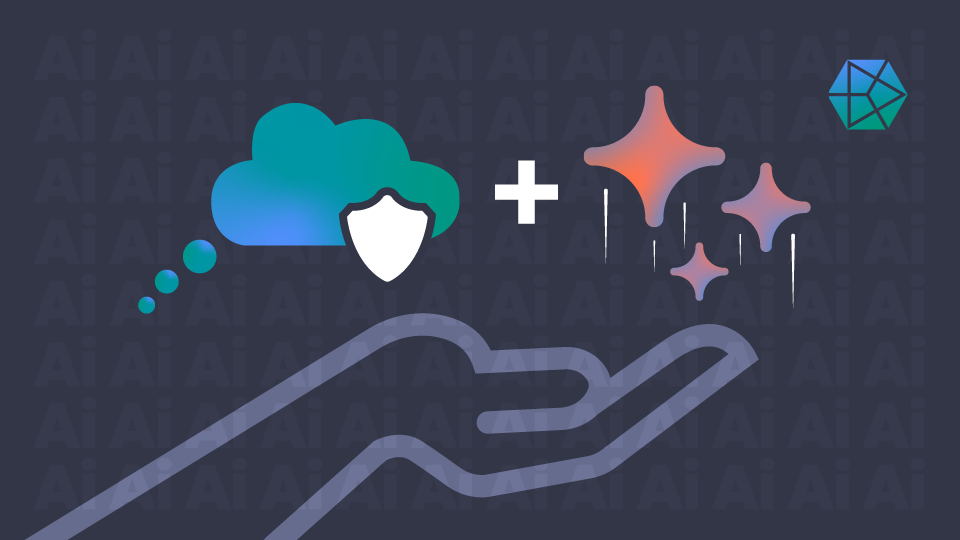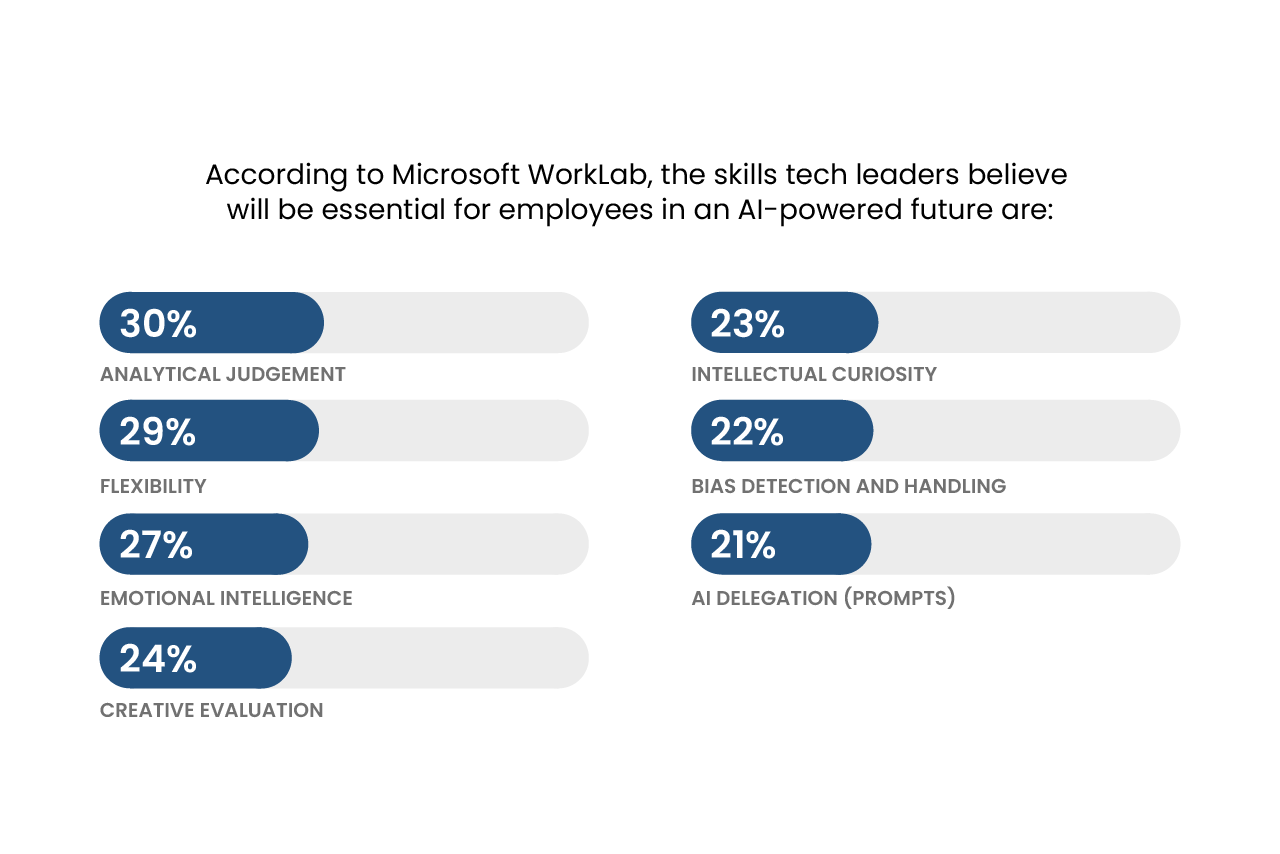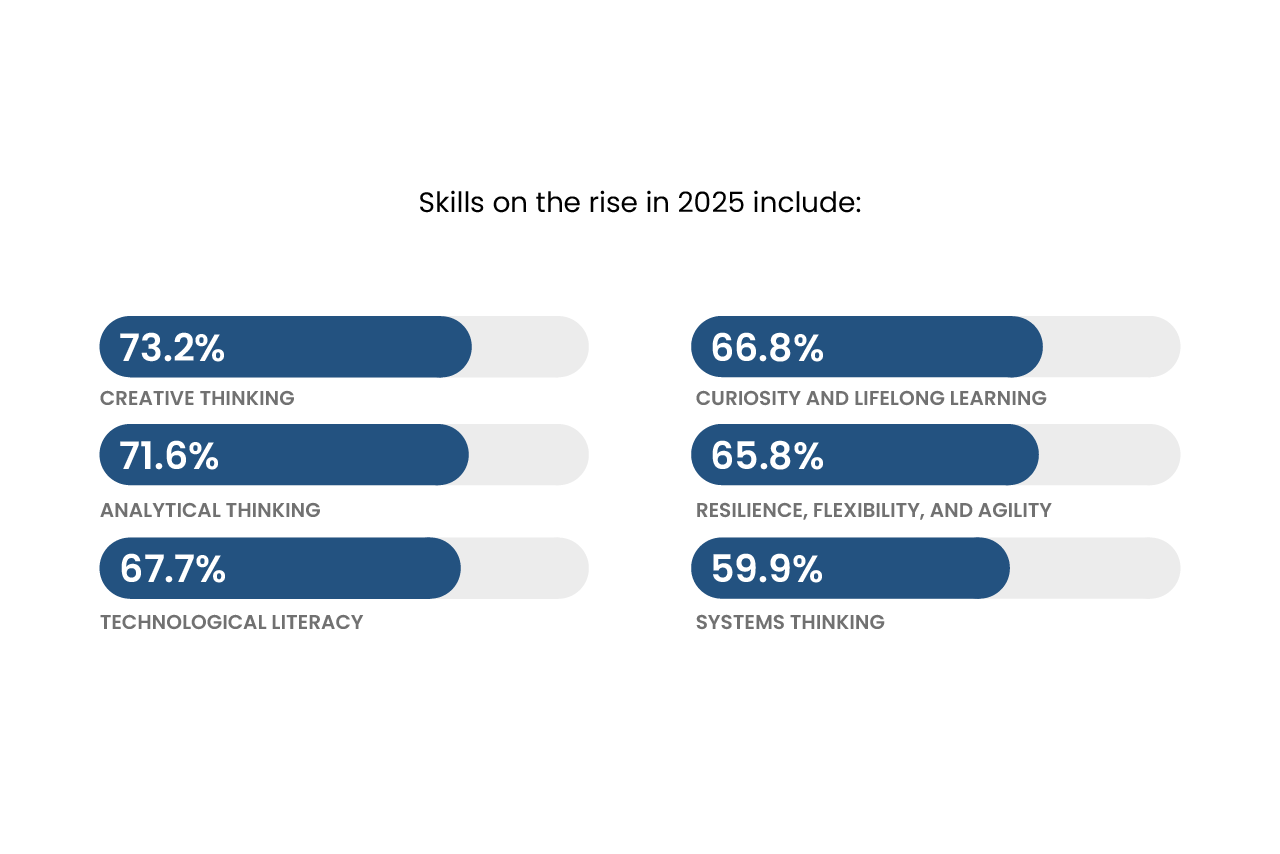
Last year, Gigster wrote an article about how artificial intelligence will impact critical thinking on a large scale. Today, this problem is more widely discussed but few have found a clear solution. Most (73%) of organizations say it is important to ensure that human imagination keeps pace with new technology, but only 9% are making meaningful progress toward that goal.
As your enterprise invests further in AI, maintaining your employees’ strategic thinking, analytical judgment, and emotional intelligence should be a top priority. Allowing these skills to atrophy could limit your organization’s adaptability, creative problem-solving and decision-making, and overall workforce development.
Check out our last blog post to learn the science behind how AI impacts critical thinking and continue reading for specific strategies you can implement to maintain critical thinking while adopting AI.
Negative Effects of AI on Critical Thinking
As AI becomes more integrated into everyday work tasks and decision-making, employees are becoming overly dependent on the technology. While this creates more efficiencies, it can lead to negative effects such as:
- Decreased Analytical Skills: With Google and ChatGPT, the answer to any question we could think of is only one search away. This decreases the practice of thinking analytically about a question and coming up with our own hypothesis and reasoning. A 2024 study compared research conducted using ChatGPT 3.5 to research using traditional information-gathering techniques. Subjects using LLMs demonstrated lower-quality reasoning and arguments.
- Misinformation: AI is fallible. AI models can be skewed by biases. Outputs can include hallucinations that are completely wrong. Employees who take AI outputs as fact and abandon their ability to question assumptions and evaluate multiple perspectives could allow misinformation to spread throughout your organization.
- Lower Creativity: Artificial intelligence is incapable of coming up with original thoughts. Overreliance on AI will limit your organization’s outside-the-box thinking and innovation, which can be major competitive advantages.
How AI Can Support Critical Thinking
While AI does pose threats to critical thinking, it also offers opportunities to support it.
Cognitive Offloading
The research study mentioned above also found that subjects using ChatGPT 3.5 experienced significantly lower cognitive load. Cognitive load refers to the mental effort and working memory required to learn something or complete a task. While every task requires some cognitive load, limiting the amount of unnecessary load frees up the mind for more (and more important) tasks and education.
A Microsoft WorkLab study found that 70% of workers would be willing to delegate as much work as possible to AI to free up time for other tasks and enhance their creativity.
Digital Debt
The same study found that 64% of workers struggle with having the time and energy to do their job. These people are 3.5 times more likely to struggle with innovation and strategic thinking.
Communication and project management tools have caused an increase in digital debt - an influx in digital communications, administrative duties, and data that can limit time for real work and creative thinking.
Artificial intelligence can help automate the busy work that takes up an increasing chunk of most employees’ time and free them up for more critical thinking.
How to Adopt AI and Nurture Critical Thinking Skills
Adopting artificial intelligence doesn’t automatically mean your company’s critical thinking skills will diminish. Here are strategies you can use to nurture critical thinking in your organization amid the AI era:
Integrate AI into Existing Processes
Implementing AI in your organization shouldn’t increase digital debt or replace creative outputs. Instead, focus on streamlining or automating repetitive tasks and providing greater access to data. Focus on integrating AI into a single business function or 5-10% of your organization as an initial pilot. Then, prioritize AI opportunities by determining whether they align with your strategic objectives and identifying bottlenecks limiting productivity, collaboration, and critical thinking.
Our AI Readiness Assessment measures your data readiness, technology and infrastructure, and human resources and determines where AI can have the most impact in your organization.
Measure Soft Skills and Technical Ability
Your enterprise needs to rethink traditional hiring and performance evaluation metrics to attract and advance these skills. Make sure your organization is attracting new talent that will increase your critical thinking ability and encourage the development of these traits in your existing hires.
As artificial intelligence closes the skills gap in many positions, the ability to think critically and navigate AI intelligently becomes much more important.

Reimagine and Redefine Jobs and the Workforce
The way you measure employee performance isn’t the only shift needed for AI-powered enterprises. As AI reduces digital debt and allows for more cognitive offloading, make sure that free time is used for creation and innovation.
Deloitte's ‘2024 Global Human Capital Trends’ Report found that 76% of employees want the opportunity to reimagine their jobs in response to new technology. Unfortunately, only 43% of organizations are helping their employees to do so.
Increasing employee productivity through AI is pointless if the extra time is just devoted to more meetings. Use AI to reimagine how your organization can collaborate and redefine the work your employees do and how they get it done. Encourage employees to use AI for meeting recaps and transcripts to streamline information sharing and accessibility without increasing time spent on administrative work.
AI and Critical Thinking Training and Upskilling
Tech leaders and employees seem to agree - there is a major gap in the skills needed in an AI-powered world. Most (82%) leaders say their employees need to skills to prepare for AI. Meanwhile, 60% of employees say they don’t have the right skills to get their job done.
82% of leaders say their employees will need new skills to be prepared for the growth of AI.
Enterprises need to create programs to train and upskill their existing employees to better prepare them for the future of AI.

As you implement new AI applications and policies within your enterprise, AI change management can help increase the adoption and success of your AI initiatives.
Artificial intelligence can undoubtedly have a positive impact on your organization. But, you need to approach AI software development intelligently and consider how it could impact your employees’ critical thinking.
Are your employees ready for AI adoption? Take our AI Readiness Assessment to find out.
